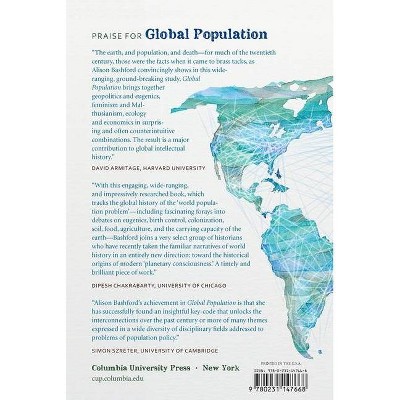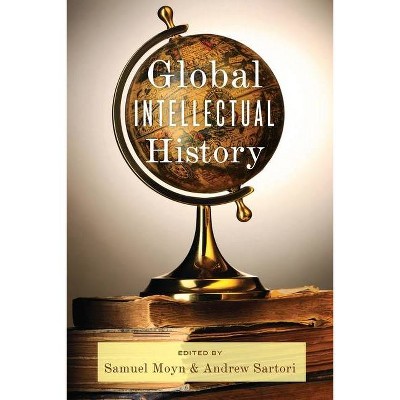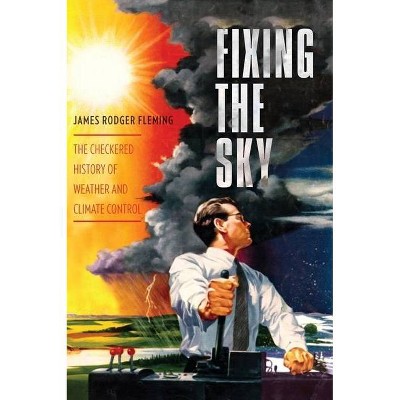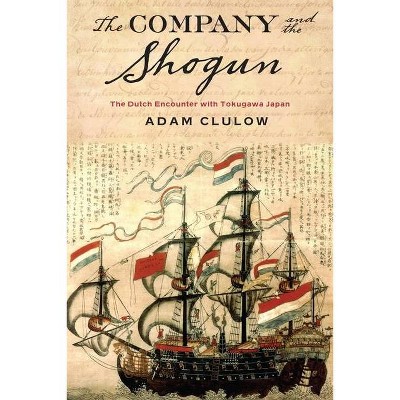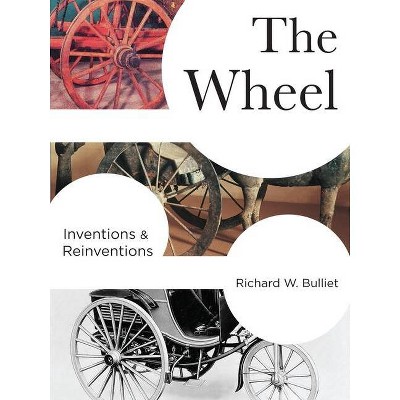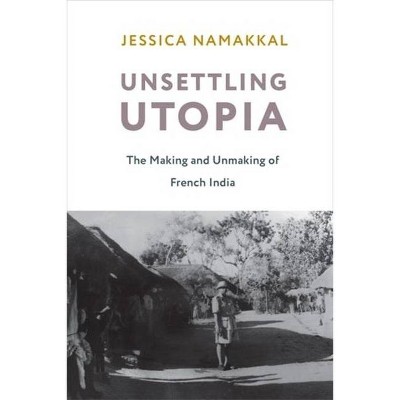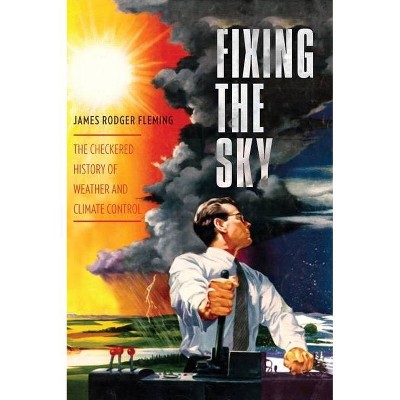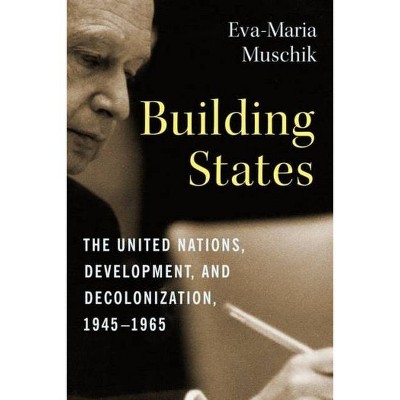The African Diaspora - (Columbia Studies in International and Global History) by Patrick Manning (Paperback)
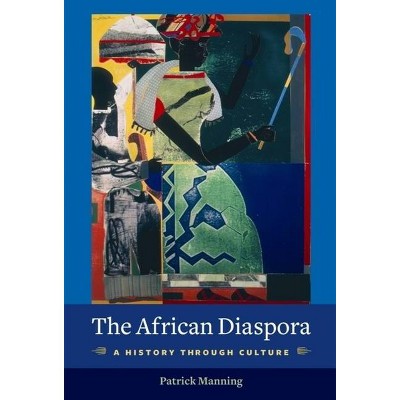
Similar Products
Products of same category from the store
AllProduct info
<p/><br></br><p><b> About the Book </b></p></br></br><p>Patrick Manning follows the multiple routes that brought Africans and people of African descent into contact with one another and with Europe, Asia, and the Americas. In joining these stories, he shows how the waters of the Atlantic Ocean, the Mediterranean Sea, and the Indian Ocean fueled dynamic interactions among black communities and cultures and how these patterns resembled those of a number of connected diasporas concurrently taking shaping across the globe. Manning begins in 1400 and traces the connections that enabled Africans to mutually identify and hold together as a global community. He tracks discourses on race, changes in economic circumstance, the evolving character of family life, and the growth of popular culture. He underscores the profound influence that the African diaspora had on world history and demonstrates the inextricable link between black migration and the rise of modernity. Inclusive and far-reaching, <i>The African Diaspora</i> proves that the advent of modernity cannot be fully understood without taking the African peoples and the African continent into account.</p><p/><br></br><p><b> Book Synopsis </b></p></br></br><p>Patrick Manning refuses to divide the African diaspora into the experiences of separate regions and nations. Instead, he follows the multiple routes that brought Africans and people of African descent into contact with one another and with Europe, Asia, and the Americas. In weaving these stories together, Manning shows how the waters of the Atlantic Ocean, the Mediterranean Sea, and the Indian Ocean fueled dynamic interactions among black communities and cultures and how these patterns resembled those of a number of connected diasporas concurrently taking shape across the globe.</p><p>Manning begins in 1400 and traces five central themes: the connections that enabled Africans to mutually identify and hold together as a global community; discourses on race; changes in economic circumstance; the character of family life; and the evolution of popular culture. His approach reveals links among seemingly disparate worlds. In the mid-nineteenth century, for example, slavery came under attack in North America, South America, southern Africa, West Africa, the Ottoman Empire, and India, with former slaves rising to positions of political prominence. Yet at the beginning of the twentieth century, the near-elimination of slavery brought new forms of discrimination that removed almost all blacks from government for half a century.</p><p>Manning underscores the profound influence that the African diaspora had on world history, demonstrating the inextricable link between black migration and the rise of modernity, especially in regards to the processes of industrialization and urbanization. A remarkably inclusive and far-reaching work, <em>The African Diaspora</em> proves that the advent of modernity cannot be imaginatively or comprehensively engaged without taking the African peoples and the African continent as a whole into account.</p><p/><br></br><p><b> Review Quotes </b></p></br></br><br>Manning's study is a superb attempt to bridge the gap between our understanding of the forced deportation of Africans into slavery and the continuing emigration--Journal of African History<br><br>Readers will be impressed by the book's breadth and the arresting parallels it draws between events and dynamics taking place thousands of miles apart.--Foreign Affairs<br><br>This is a welcome addition to the field... Highly recommended.--Choice<br><br>A substantial contribution... setting a useful benchmark for the relocation of Africa to the centre of global history.--Stacey Hynd "History "<br><br>An immensely important addition to the literature.--David E. Skinner "Journal of Africa "<br><br>Manning is to be congratulated for yet another capacious, innovative contribution to our understanding of African and world history, as intricately embedded, each in the other, at every level.--Joseph C. Miller "New West Indian Guide "<br><br>The work is impressive and valuable in its details and broad sweep of argument--Micol Seigel "American Historical Review "<br><p/><br></br><p><b> About the Author </b></p></br></br>Patrick Manning is Andrew W. Mellon Professor of World History and Director of the World History Center at the University of Pittsburgh, President of the American Historical Association, and president of the World History Network, a nonprofit corporation fostering research in world history. His books include <i>Slavery and African Life</i>, <i>Migration in World History</i>, and <i>Navigating World History: Historians Create a Global Past</i>.
Price History
Cheapest price in the interval: 31.49 on October 22, 2021
Most expensive price in the interval: 31.49 on November 8, 2021
Price Archive shows prices from various stores, lets you see history and find the cheapest. There is no actual sale on the website. For all support, inquiry and suggestion messagescommunication@pricearchive.us
